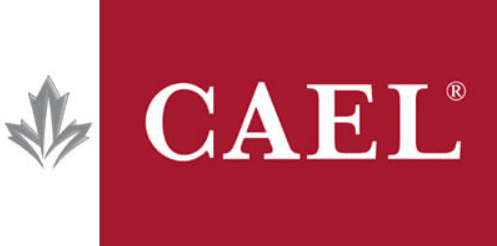
Some exciting modifications have been made to Canada’s Student Direct Stream (SDS) programme as of current date, with the addition of two new language competency tests: the Canadian Academic English Language (CAEL) test and the Canadian English Language competency Index Programme (CELPIP). This reform gives up new opportunities for international students who want to study in Canada, giving them greater freedom in demonstrating their language competency.
The Student Direct Stream is a high-speed application system aimed to expedite the study visa application procedure for foreign students from specific countries. One of the key qualifying requirements is competence in either English or French. For SDS candidates, the International English Language Testing System (IELTS) has always been the chosen language competency test. Recognising the broad language terrain, the Canadian government has added CAEL and CELPIP to the list of recognised examinations.
The inclusion of CAEL, a Paragon Testing Enterprises test, and CELPIP, created in collaboration with Immigration, Refugees, and Citizenship Canada (IRCC), demonstrates the government’s commitment to inclusivity and recognising a broader range of language assessment tools. CAEL analyses test-takers’ competency in reading, writing, listening, and speaking, offering a thorough review of their language abilities. CELPIP, on the other hand, is a Canadian English-specific assessment of functional language ability in a range of real-life contexts.
This extension is anticipated to help prospective students who may have had difficulty accessing IELTS testing centres or who prefer alternate evaluation methods. It also fits with Canada’s reputation as a welcoming and varied place.
Applicants who choose CAEL or CELPIP must fulfil the SDS program’s basic language competence standards. This amendment is a welcome start towards admitting the validity of diverse language evaluation techniques, recognising that language competency may be proven in a variety of ways.
International students contemplating studying in Canada through the SDS programme should be aware of these changes and carefully research the language competence standards in order to select the examination that best matches their abilities and preferences. CAEL and CELPIP inclusion gives students additional alternatives and guarantees that language proficiency examinations are aligned with their specific learning methods and capacities, contributing to a more inclusive and accessible study permit application process.





